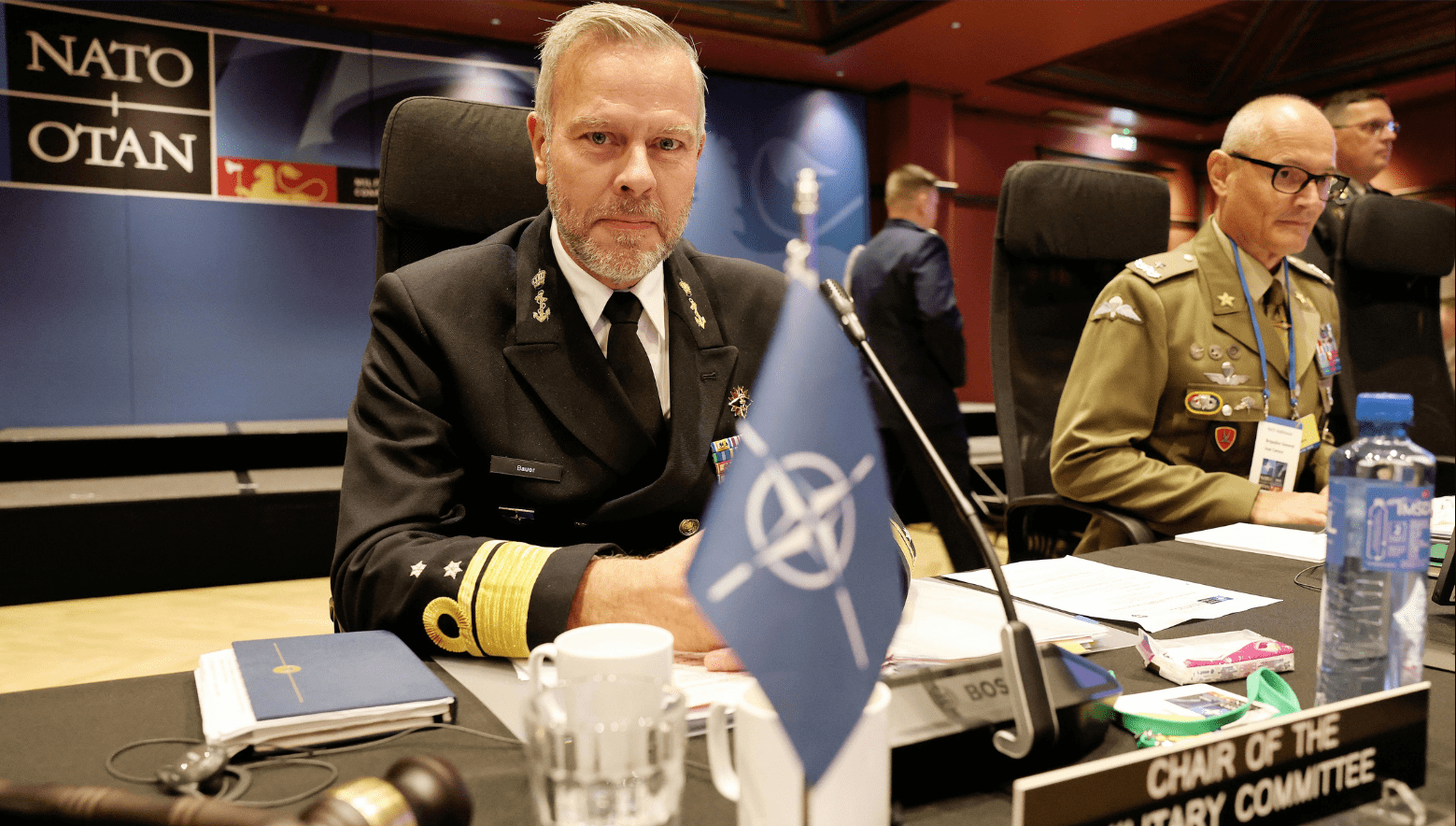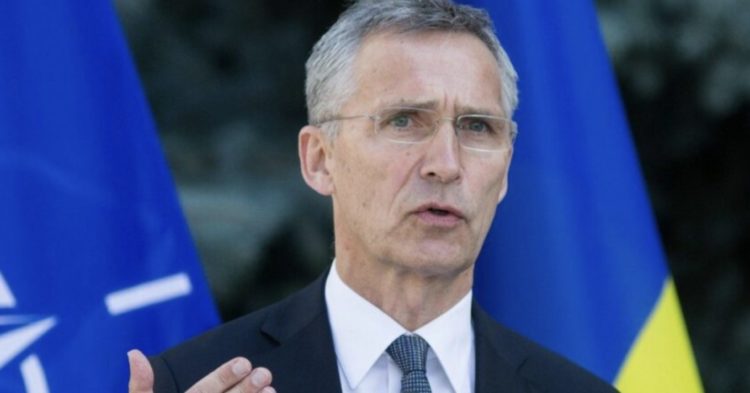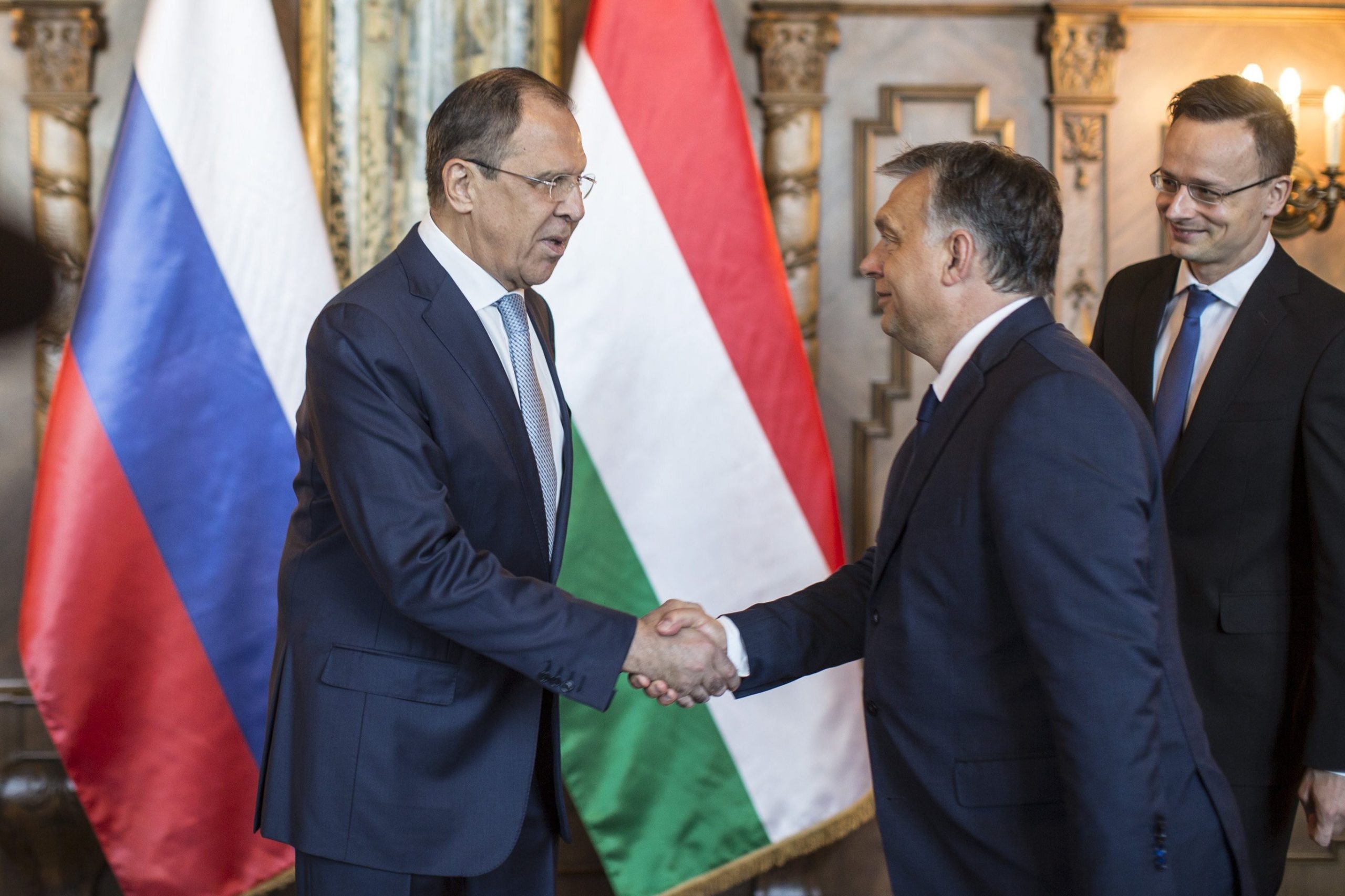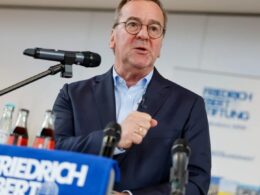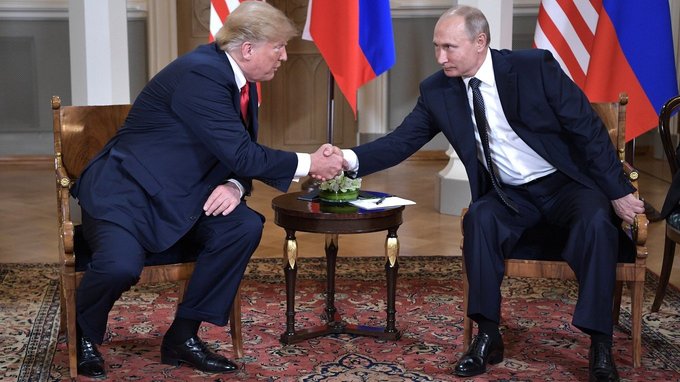According to Rob Bauer, the chair of the North Atlantic Treaty Organization's (NATO) Military Committee, If the Russians did not have nuclear weapons, then "NATO would be in Ukraine and have driven Russians out," he said on the sidelines of the Prague Defense Summit held from 8-10 November.
On 25 September, Putin announced updates to Russia’s nuclear doctrine, introducing “clarifications” on the conditions under which Russia might use nuclear weapons.
According to these updates, Russia will now consider using nuclear weapons in two specific scenarios: first, in the case of “aggression against Russia by a non-nuclear state with the support or participation of a nuclear state,” and second, upon “receiving reliable information about the massive launch of air and space weapons” aimed at Russia, with these weapons crossing Russian borders.
NATO chief Jens Stoltenberg said afterward that NATO members should not be deterred from giving more military aid to Ukraine by Vladimir Putin’s “reckless Russian nuclear rhetoric."
Bauer also emphasized that he does not rule out NATO troops participating in a war with Russia but noted that in such a case, the Alliance "would be at risk as an organization."
Therefore, Western officials see this as more of a political issue than a military one.
"Everyone says that the red line was not a red line, so why didn't we give that weapon earlier? But if you look at the problem in the future - when the question arises and you do not necessarily understand the consequences - then it becomes much more difficult," Bauer said.
Jens Stoltenberg emphasized that there is “no silver bullet” capable of transforming the situation on the battlefield. Yet, he noted that conducting deep strikes within Russia could play a significant role in the wider Western strategy to support Ukraine in resisting Russia’s aggression.
According to him, the main difference between the wars in Afghanistan and Ukraine lies precisely in Russia's possession of nuclear weapons.
Read also:
- NATO won’t intercept Russian missiles over Ukraine, Polish army chief reiterates
- NATO chief Rutte: “We must do more than just keep Ukraine in the fight”
- Biden should push NATO to admit Ukraine, says US foreign policy analyst

